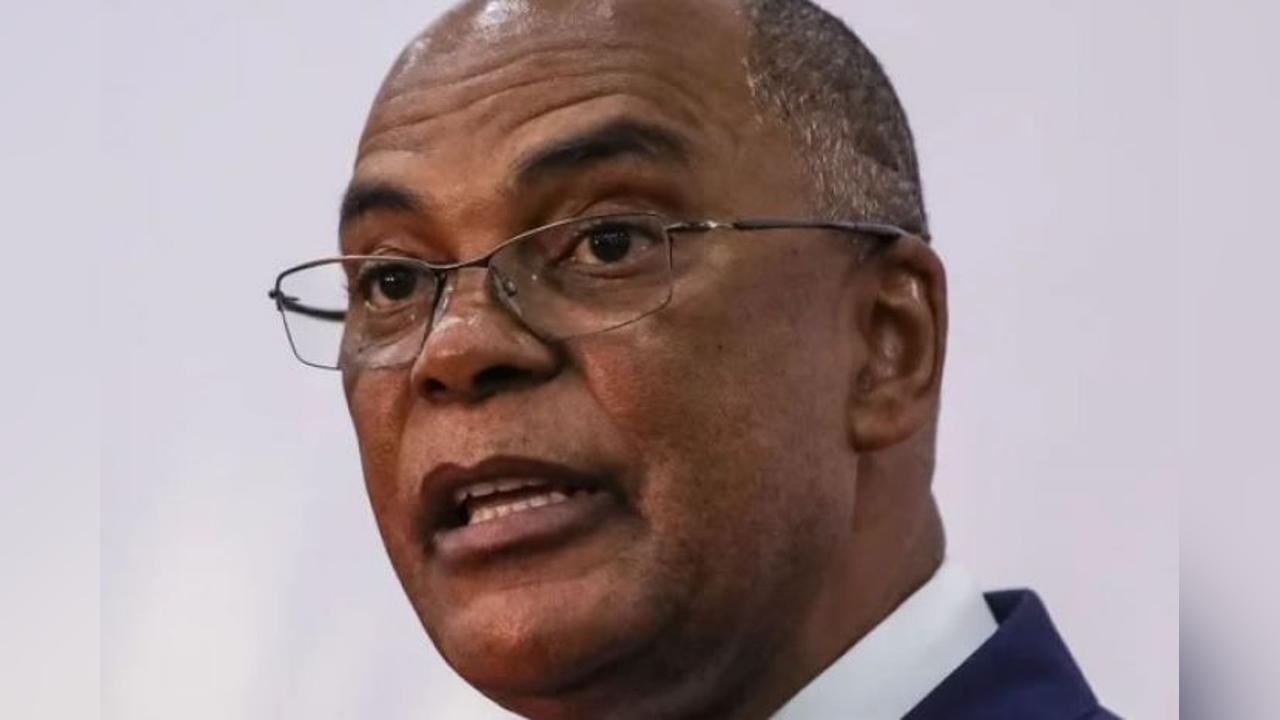Africa-Press – Angola. Political leadership, anywhere in the world, is a profession that requires a balance between charisma, technical competence and the ability to bring together different sensibilities within a collective. In the case of Adalberto Costa Júnior (ACJ), the current central figure of UNITA, the trajectory described by JMC in his political chronicle reveals a complex character, admired and contested in equal measure. A hero to some, a silent villain to others.
ACJ is undeniably a figure endowed with strategic intelligence, oratorical fluency and command of diplomatic languages. His rise did not happen by chance. Since the 1990s, in exile in Portugal, he has shown an appetite for political prominence, assuming responsibilities after the disappearance of historical figures. However, his career has been marked by internal tensions, especially with the young orphans of UNITA and figures like Carlos Morgado, who saw him more as an administrator than as a leader of the masses.
The chronicle reveals that the centralization of power and the requirement for declarations of loyalty weakened ties within the organization, to the point of attracting the critical attention of Jonas Savimbi himself, who decided to temporarily remove him. Nevertheless, even outside the center of decision-making, ACJ maintained its relevance in the diplomatic field, especially in Italy, a sign of its resilience and strategic usefulness.
With the end of the war and the reconfiguration of UNITA, ACJ returned to the scene with force, gaining space in Parliament, in the party’s communications and in the leadership of initiatives such as Rádio Despertar. However, criticism remains: he is a leader more effective in speech than on the ground of mobilization. He has a strong presence on social media, but has not consolidated himself as a popular mobilizer outside of urban or digital media.
UNITA, as a political brand, has grown in relevance and relearned how to occupy space as a legitimate opposition. But the question that the column raises — and that should be taken seriously — is whether ACJ is the best leader to transform this symbolic force into concrete political capital at the polls. The answer is not simple.
With two years to go until the 2027 elections, UNITA needs more than a good communicator: it needs a unifier, a strategist who inspires confidence, who represents the base and, above all, who knows how to give space where necessary. The idea of an internal audit and a reassessment of party structures is timely — not as a witch hunt, but as a gesture of responsibility towards the future. In politics, individual brilliance does not guarantee collective victory. And perhaps this is ACJ’s main dilemma: how to stop being just brilliant and become indispensable.
angola24
For More News And Analysis About Angola Follow Africa-Press






